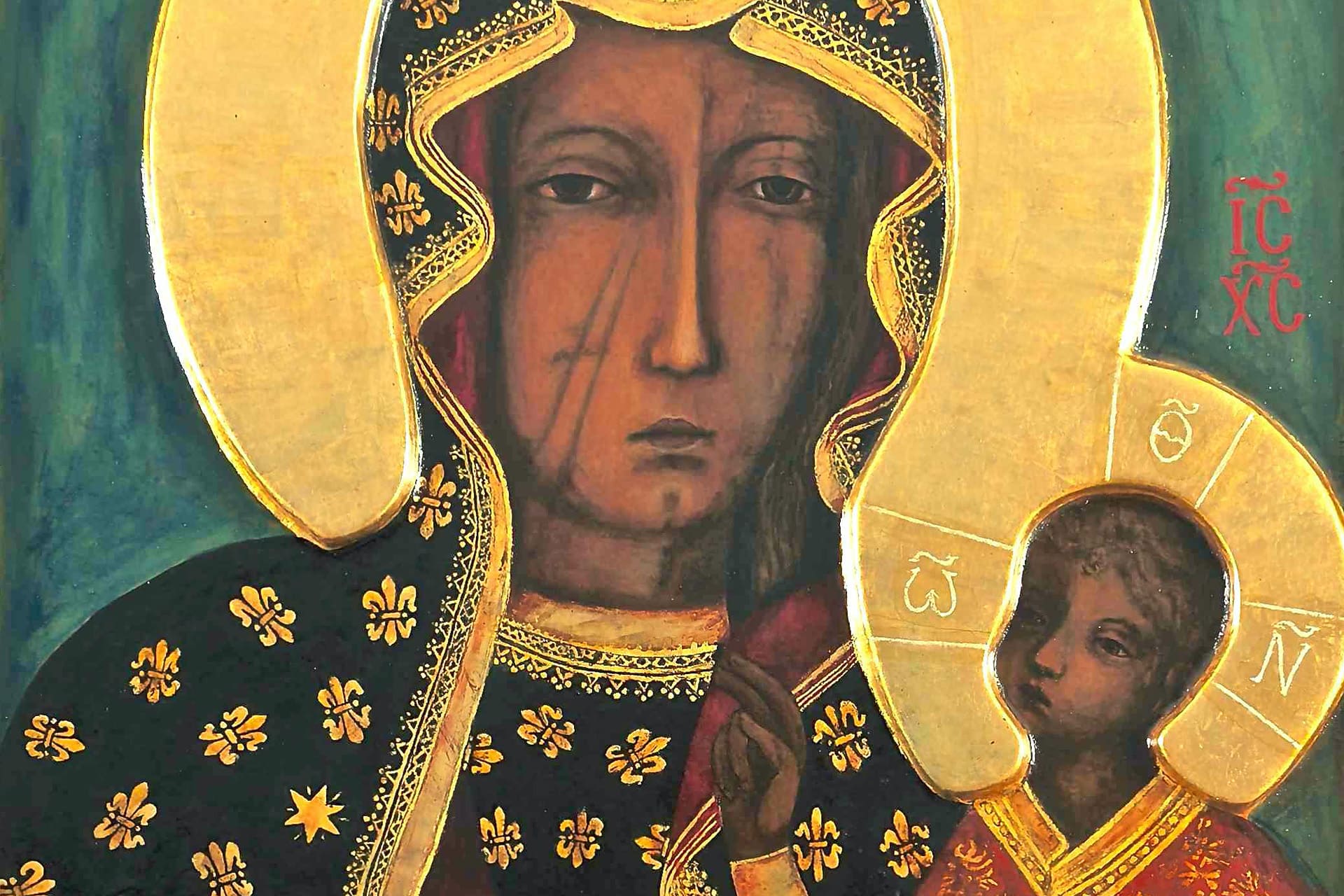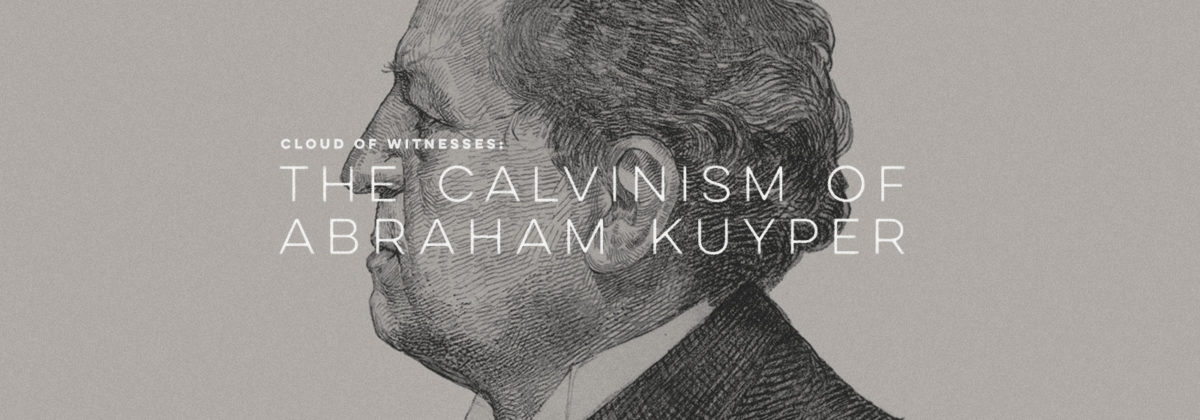I recently preached about Mary’s story and her resilient faith in the face of life-changing news. As I met with my Community Group afterward, a question came up that I felt was worth exploring more deeply. Here it is:
Mary faces uncertainty and disruption in her life with strong faith. She undoubtedly is a model for us. But how does she manage and maintain that kind of faith?
I think this question deserves our attention.
It’s great to be inspired by Mary’s faith – but as we seek to follow her example, it’s important to stop and consider where her faith came from. What sources does she draw upon to sustain her faith? What is she tapped into that yields such inner strength? What can we learn from Mary’s inner world?
Soon after Gabriel announces to Mary her world-changing news, Mary pays Elizabeth a visit. During this visit, Elizabeth blesses Mary and gives thanks for her faith. The unique quality of Mary’s faith was obvious to Elizabeth as well! Then, Mary shares a song of praise that gives us a glimpse inside Mary’s inner life (Luke 1.46-55). This song, now known as the Magnificat, shows us a few things that contribute to Mary’s resilient faith.
Three Notes
There are three things from Mary’s song that I want to highlight for us:
Intimacy With God’s Presence
The first thing I see is that Mary has spent meaningful time in God’s presence. She starts by saying, “My soul magnifies the Lord, my spirit rejoices in God my Savior” (Luke 1.46-47).
It is certainly true that a relationship with God is more than “Jesus and me,” but it is not less than that, either. Mary has cultivated a language inside of her with which she can speak intimately with God.
Mary spent meaningful time in God’s presence, with her heart open before God. She cultivated intimacy through time spent in his presence.
This language she has with God arose like the language developed between any lovers: it comes from meaningful time together. I say meaningful time, because time of itself does not cultivate intimacy. But meaningful time – where one’s heart is open, hungry, expectant – fosters intimacy, and a language to express it.
Mary spent meaningful time in God’s presence, with her heart open before God. She cultivated intimacy through time spent in his presence.
Familiarity With God’s Story
The second thing I see is that Mary was immersed in the story of God at work in the world. Her song arises out of that story: “God has helped his servant Israel, in remembrance of his mercy, as he spoke to our fathers, to Abraham and to his offspring forever” (Luke 1.54-55).
Her intimacy with God is personal, but her faith is bigger than a personal faith. Her faith is woven into the story of God, and her faith is strengthened by living in this story. It’s the story of the faith of her forefather Abraham. The story of the haphazard history of Israel and God’s faithfulness to them. It’s the story of the prayers she prays with her community every day.
Her song is filled with echoes of God’s story. The cross-references in my Bible point out all the ways she’s drawing upon it – she draws on Hannah’s prayer in 1 Samuel, as well as from the Psalms and the prophets.
Mary’s faith is resilient because it is rooted: she lives with a people, within God’s story, which gives her strength.
Clarity About God’s Character
The third thing I see is that Mary isn’t confused about what God is like. He is “mighty” and “holy,” God’s “mercy is for those who fear him from generation to generation” (Luke 1.49-50).
Mary also knows God doesn’t hold the same priorities as people. He brings down the mighty from thrones and exalts the humble. He fills the hungry with good things and sends the rich away empty (Luke 1:52-53).
Mary is strong when she faces a future that doesn’t fit with the ways of her world because she knows she serves a God whose ways don’t fit with the ways of the world, either. I hear Isaiah 55 echoing in Mary’s prayer as well: “for my thoughts are not your thoughts, neither are your ways my ways, declares the Lord. For as the heavens are higher than the earth, so are my ways higher than your ways and my thoughts than your thoughts” (Isaiah 55:8-9).
Mary has a sense of clarity about who God is, and is confident in his character.
Intimacy, God’s story, God’s character—these are all flowing into Mary’s heart. What flows out is resilience, trust, strength.
The Story That Matters
I’ve noticed that paying attention to the material going into my heart lately is more crucial than ever. It is difficult to resist the constant barrage of material coming my way, especially through the news: What’s the latest on COVID-19? How is the pandemic affecting other parts of the world? What’s the latest on the wildfires or hurricanes, the election season, and political tensions that weigh heavily in our world? For me, it’s easy to absorb loads of this content through earbuds while I wash the dishes at night.
When headline news is a more significant input than the story of God in my heart, my thoughts and deeds unsurprisingly begin to flow out of instability and fear.
But when headline news is a more significant input than the story of God in my heart, my thoughts and deeds unsurprisingly begin to flow out of instability and fear. I worry. Questions arise: What does all of this mean for my life? Our provision? My kids’ safety and development in the world?
When this happens, the narratives of headline news become the primary story that my story is woven into, instead of the story of God. This is exactly why God warns people over and over in Scripture to “remember the Lord your God, who brought you out of Egypt.”
But I’ve also been reading another story – the prophet Ezekiel, in the Old Testament. Now, Ezekiel is not light reading. The prophet is rebuking the people of God over and again for their unfaithfulness and idolatry, and all the destruction it has led to. But at the same time, it’s a story that highlights God’s covenant promises: God will judge for their wickedness, yet he will restore and redeem in the end.
When I read this story – even though at first it feels so foreign and distant to our world today – I find it re-places me in the right context.
There is suffering around – people have and will mess things up badly. God is upset and grieved by that. But God is alive. God is faithful and just. He’s been engaging with creation going awry for millennia. And when the inputs change, and this story starts to interpret the headline news, different things flow out of my heart: trust, confidence, and strength.
So if you would like to learn from Mary’s inner life ask yourself: What are the key inputs in my life? What is fueling my heart and mind? Are they the sort of things that nourish my faith, or that will foster doubt and fear?
May we learn to sing Mary’s song, “My soul magnifies the Lord, and my spirit rejoices in God my Saviour.”




